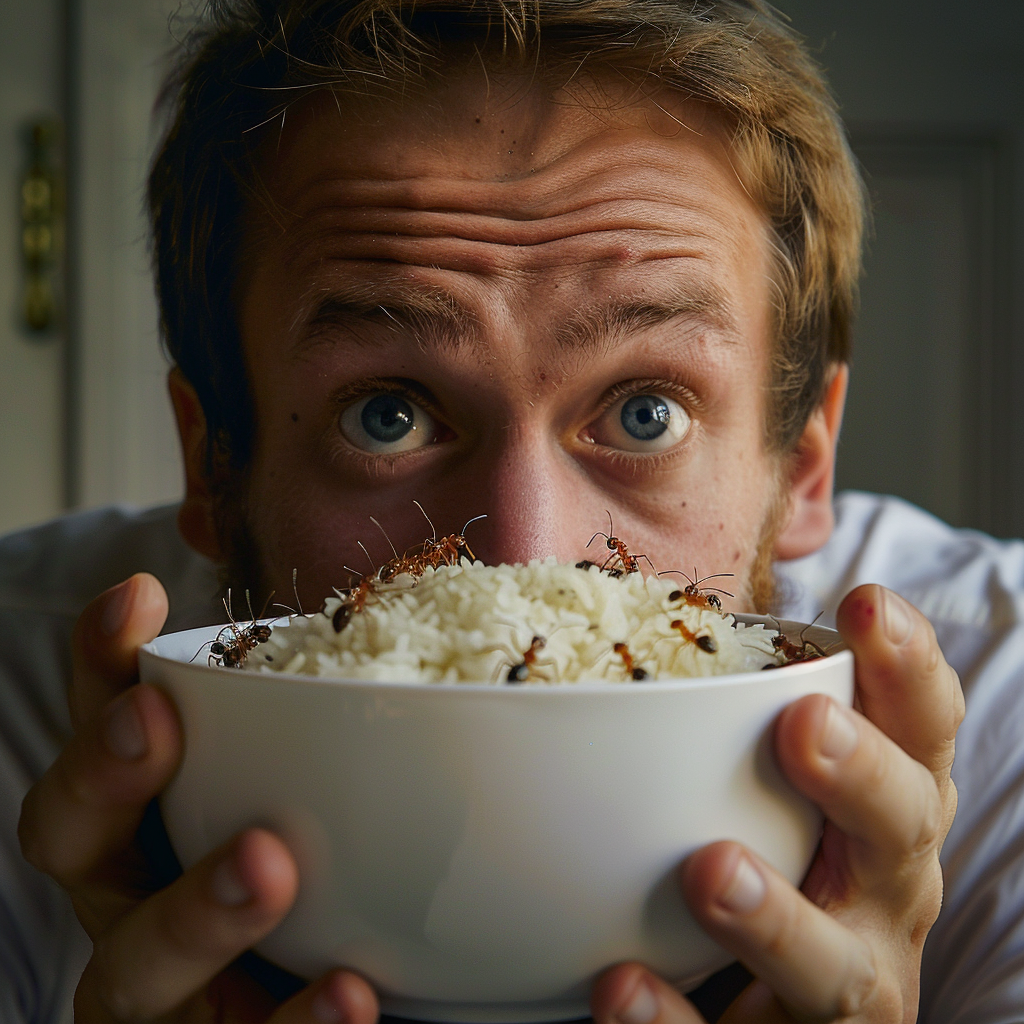The Global Forum on Food Security and Nutrition: ” Insects as food and feed emerge as an especially relevant issue in the twenty-first century due to the rising cost of animal protein, food and feed insecurity, environmental pressures, population growth and increasing demand for protein among the middle classes. Thus, alternative solutions to conventional livestock and feed sources urgently need to be found.” A Link to their new brochure is at end of the article.
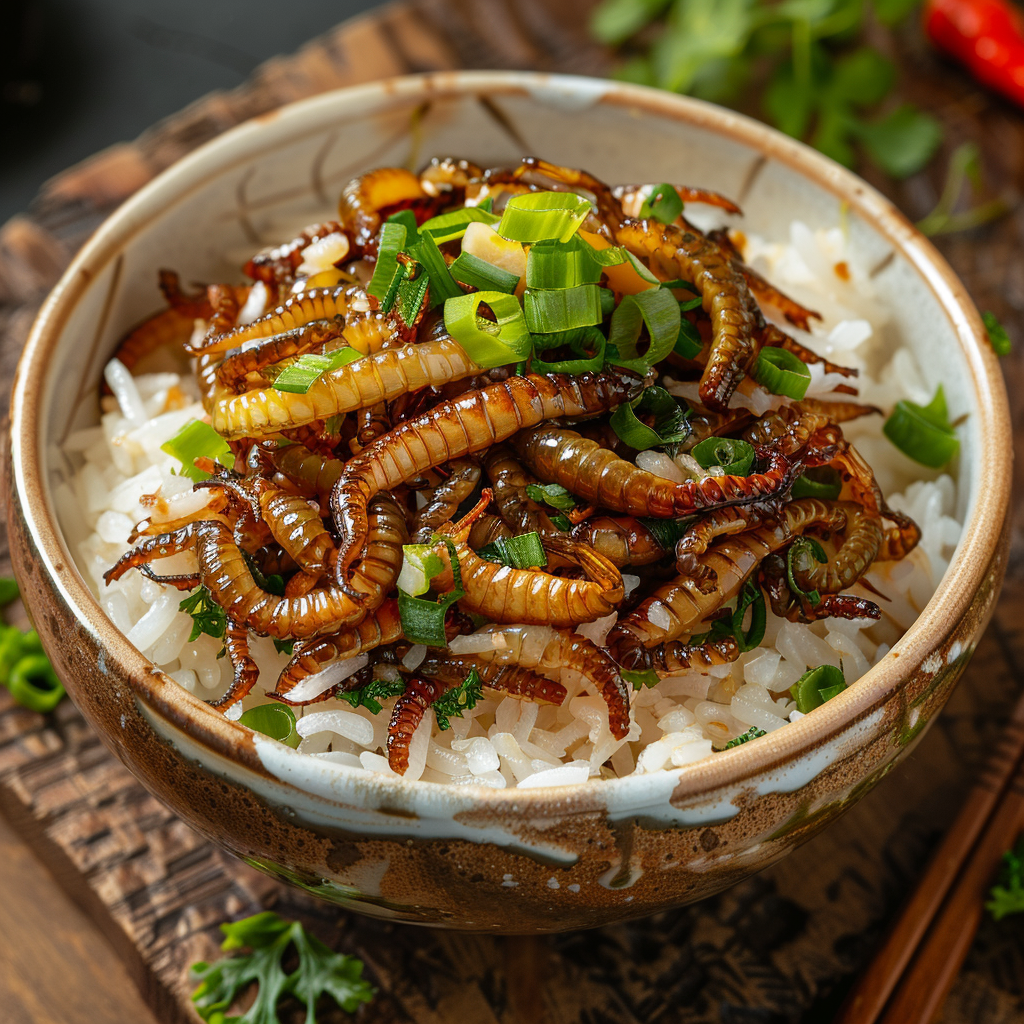
Have you ever thought about eating insects? It might sound weird, but there are actually a lot of good reasons to give them a try. Research shows that including these critters in your diet can be really healthy and eco-friendly.
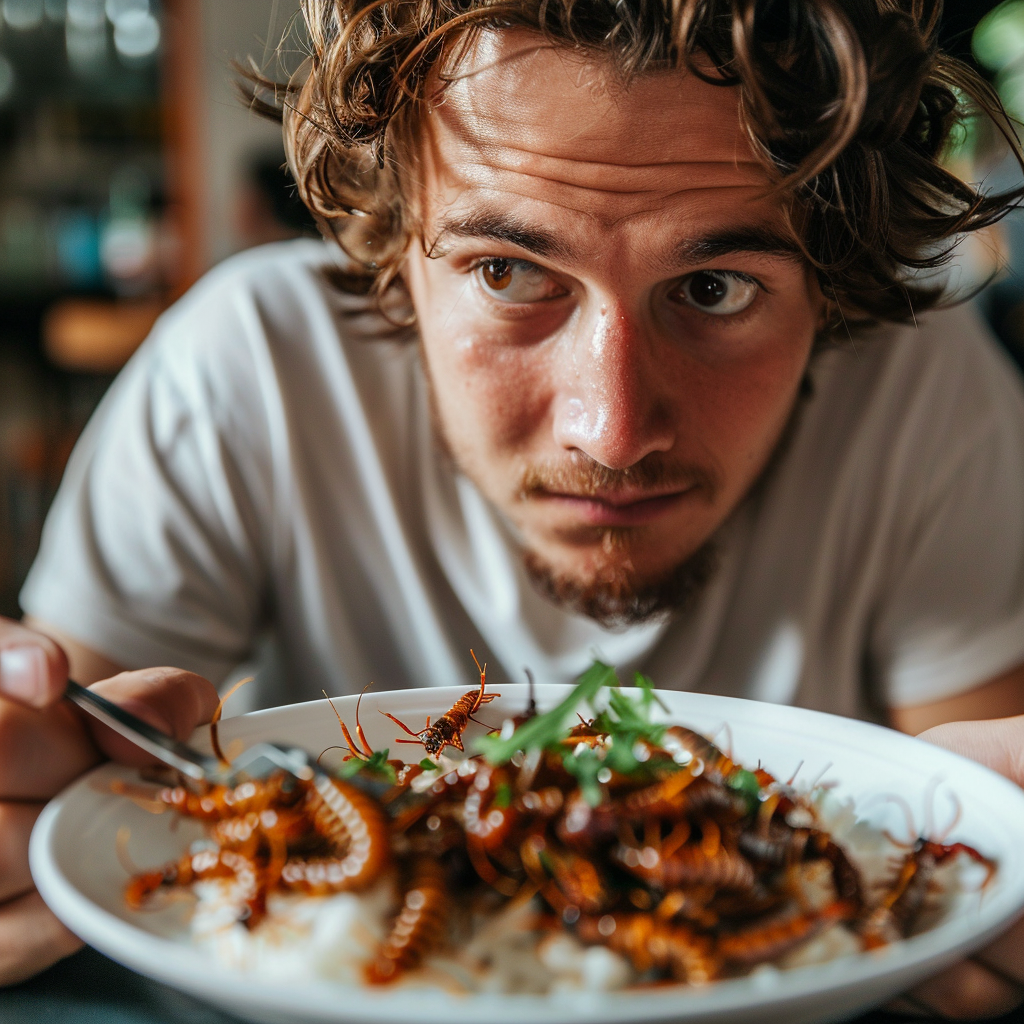
Even though billions of people worldwide already eat insects regularly, can folks in the U.S. get on board with this new food trend?
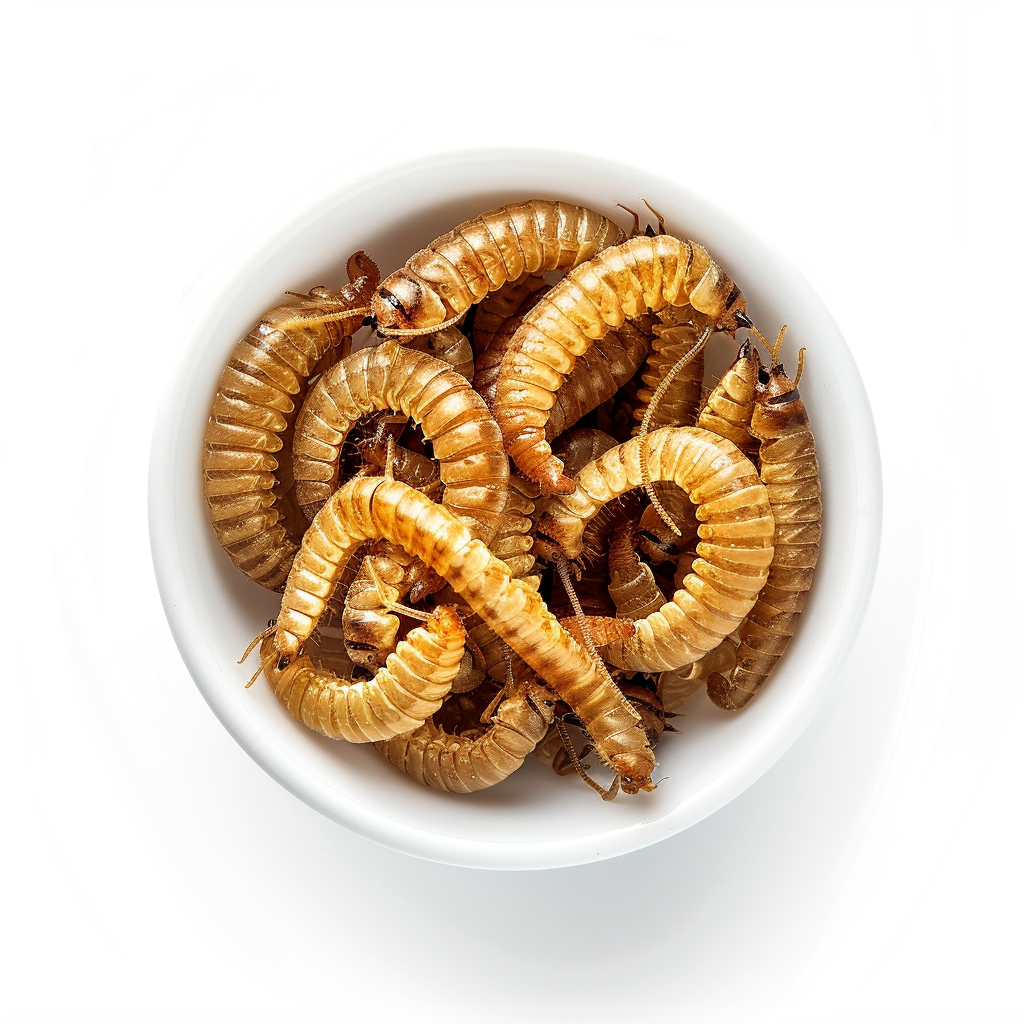
Are bugs and worms nutritious? Even though they’re small, bugs and worms pack a punch when it comes to nutrients. They’re rich in protein, iron, zinc, and lots of other good stuff your body needs. Plus, they contain a special type of fiber called chitin, which is great for your gut health and has some other cool health benefits too.
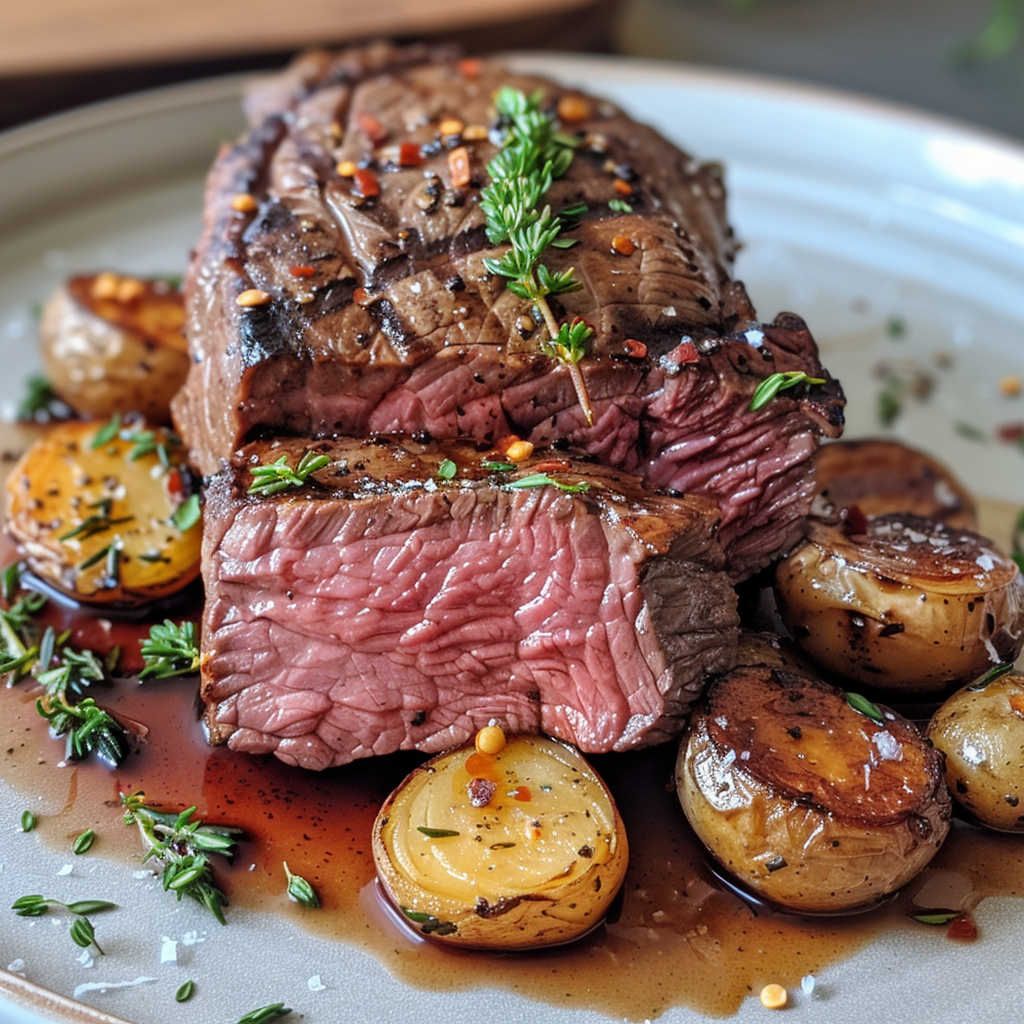
In a study comparing edible insects to sirloin beef, researchers found that calcium, copper, magnesium, manganese and zinc are more readily absorbed from the grasshoppers, crickets and mealworms than from the beef.
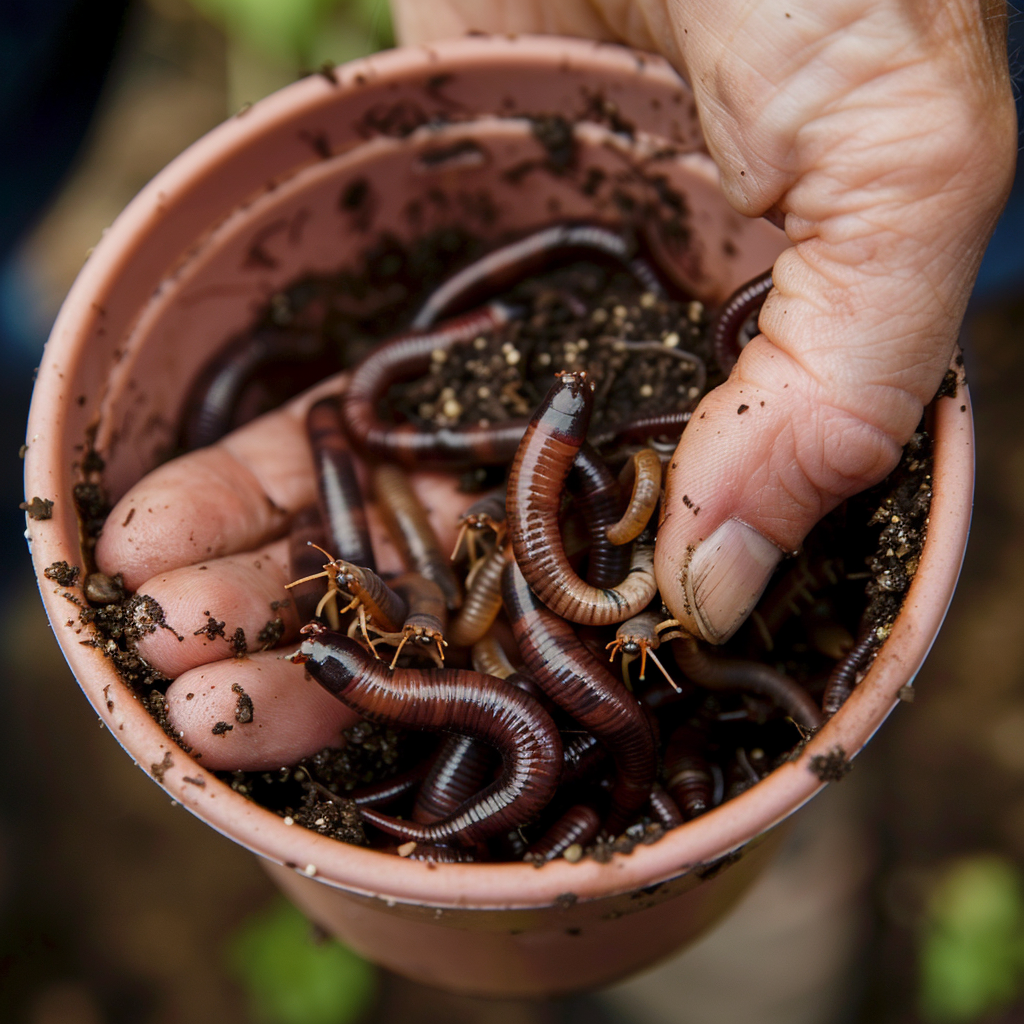
How do bugs and worms compare to meat? Believe it or not, bugs and worms can be just as nutritious as meat. In fact, some studies have shown that they have more protein than popular meats like chicken and beef. They’re also low in cholesterol and high in nutrients like calcium and zinc. So, they’re definitely worth considering as an alternative to traditional meats.
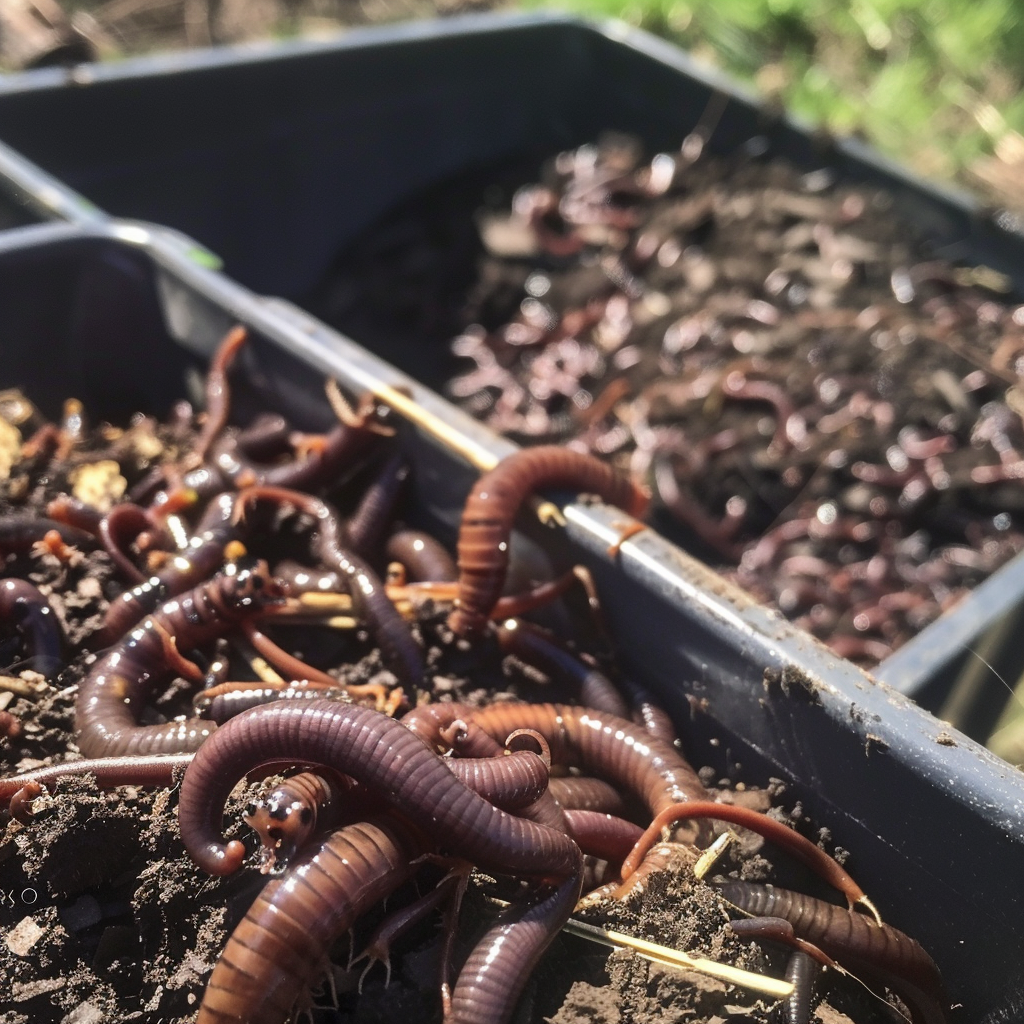
Are bugs and worms good for the environment? Farming traditional livestock like cows and chickens can be bad for the environment because it takes up a lot of land and resources. But insect farming is much more sustainable. It uses way less land and water, and produces less waste and pollution. Plus, insects can thrive in all sorts of environments, so they’re a great eco-friendly option.

Are there any risks to eating bugs and worms? Just like with any food, there are some risks. Bugs and worms can carry diseases and might be exposed to harmful chemicals. But as long as they’re raised and handled safely, the risks are pretty low. It’s important to cook them thoroughly and buy them from trusted sources to stay safe.
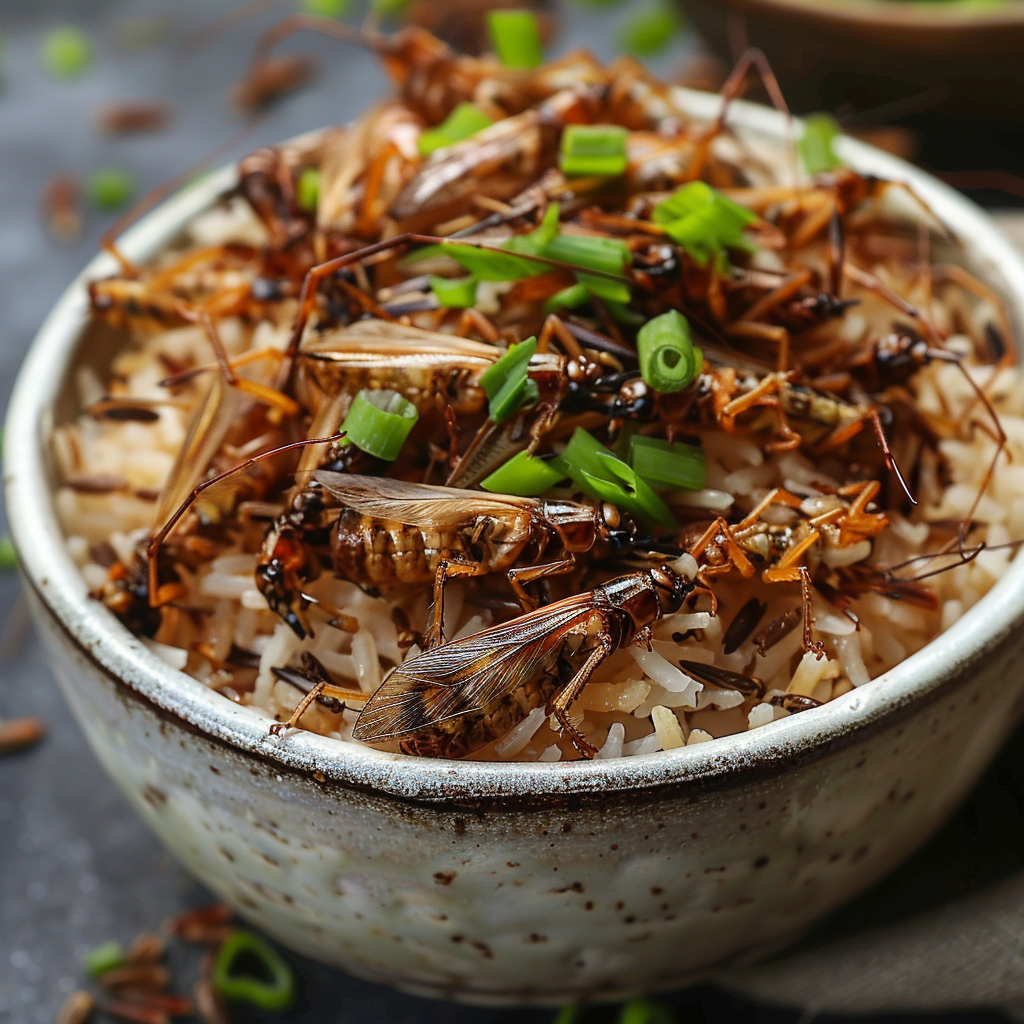
How can people get past the ‘yuck’ factor? It’s normal to feel a little grossed out by the idea of eating bugs and worms. But with an open mind and some creativity, you might be surprised at how tasty they can be!

There are lots of different flavors and ways to prepare them, so you can find something you like maybe start with a worm smoothy. You can even start by trying insect-based protein powder in smoothies or baked goods, if you’re not ready to dive in with whole bugs just yet. Read the whole brochure put out by FAO.

